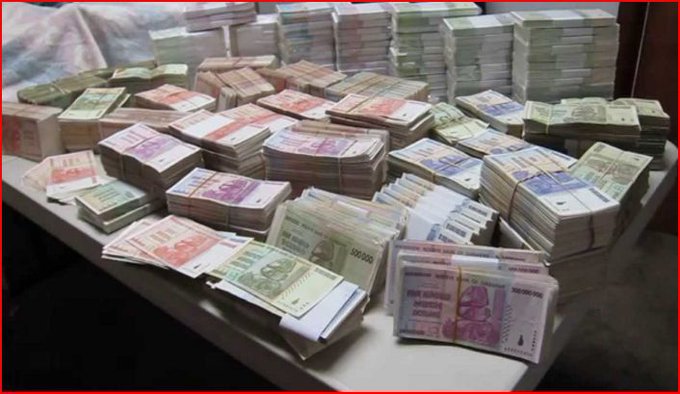By Byron Mutingwende
The media has been awash with reports that mobile money platforms, particularly EcoCash, whose agents are demanding high percentages in exchange for cash-outs, are fuelling price hikes and exploiting customers.
Yesterday, The Herald newspaper ran a story titled, “Ecocash agents make a killing… demand for bond notes, coins soars” where it was alleged that the agents had turned their booths into illegal selling points of cash at premiums ranging from 30 to 40 percent.
A survey by Spiked Online Media in Glenview, Budiriro and Highfield revealed that indeed some agents – not all of them – are indeed putting a premium on cash-outs.
But the survey revealed that the blame for the over-charging lies elsewhere, not on the EcoCash mobile payment platform – which itself is programmed to charge a lawful cash-out commission for the agent.
“Ecocash has nothing to do with the percentages that we are charging those in need of cash. The real challenge is that most of the retailers, vendors and even some supermarkets here do not accept Ecocash, save for established supermarket chains like OK and TM. They mostly insist on cash payments.
“What’s painful also is that till operators in the supermarkets that accept Ecocash are now citing network problems as the excuse for not using Ecocash or ATM cards. That increases the demand for cash. We have our ‘big guys’ who bring us thousands of bond notes that we sell at premiums ranging from 25 to 40 percent,” said a man at an Ecocash agent at Machipisa Shopping Centre in Highfield, who only identified himself as John.
The liberalisation of foreign currency trading after the proclamation by Finance Minister Mthuli Ncube that the Zimbabwean local currency (RTGS$ or bond note) was no longer at par with the United States Dollar, as was previously the policy, did not help the situation either.
Even though the government proclaimed a policy that only the local currency was the legal tender for transacting in Zimbabwe, foreign currency, particularly the South African Rand and the United States Dollar, is still scarce and in very high demand from money changers.
“The guy who buys US Dollars from me offers very high rates of between 40 percent and 60 percent when he buys the foreign currency from me using either Ecocash, bank transfer or ZipIt. That means if I give the money changers US$100 I will get anything in the range of between RTGS$140 and RTGS$160 but when he buys from me using bond notes, he only pays me ZWL$75 bond notes. That increases the demand for cash,” said an illegal foreign currency trader at the Budiriro 1 Shopping Centre, who identified herself as Martha.
There are calls from the public for the monetary authorities to put some spanners and limit the cash given to certain individuals or organisations they described as ‘cartels’ or ‘cash barons’ if ever there is going to be sanity around money supply.
Economist Dr Prosper Chitambara urged the monetary authorities to make it mandatory for all traders to accept the use of plastic money so as to curtail the demand for cash that has seen the prices of goods and services escalating.
“The authorities need to move to stem this problem at its very roots. The reported overcharging by agents is just an outcome. The real problem is some traders and shops that are refusing to accept electronic and plastic money thereby fuelling the demand for cash. If the authorities make the rejection of electronic money illegal, that will go a long way towards reining in the cash barons.”






